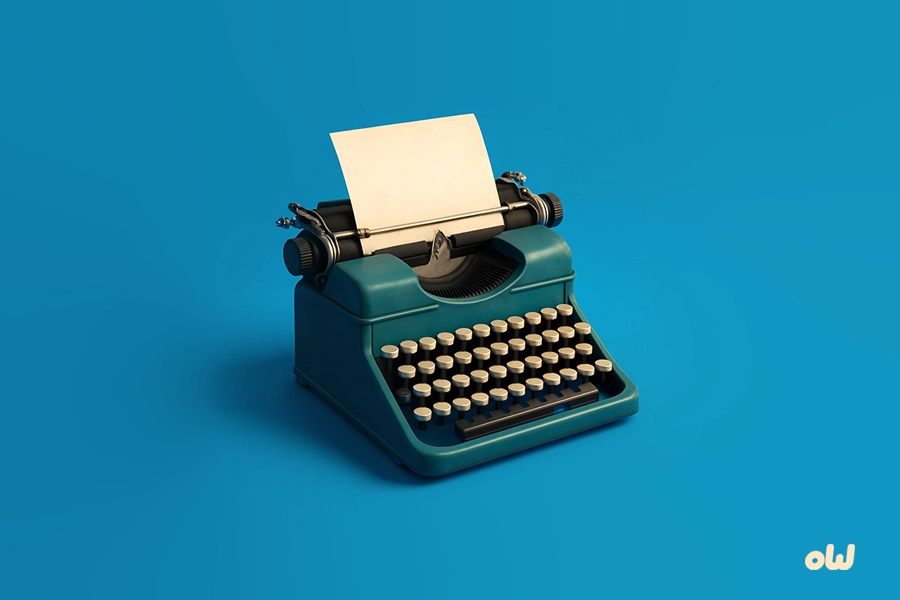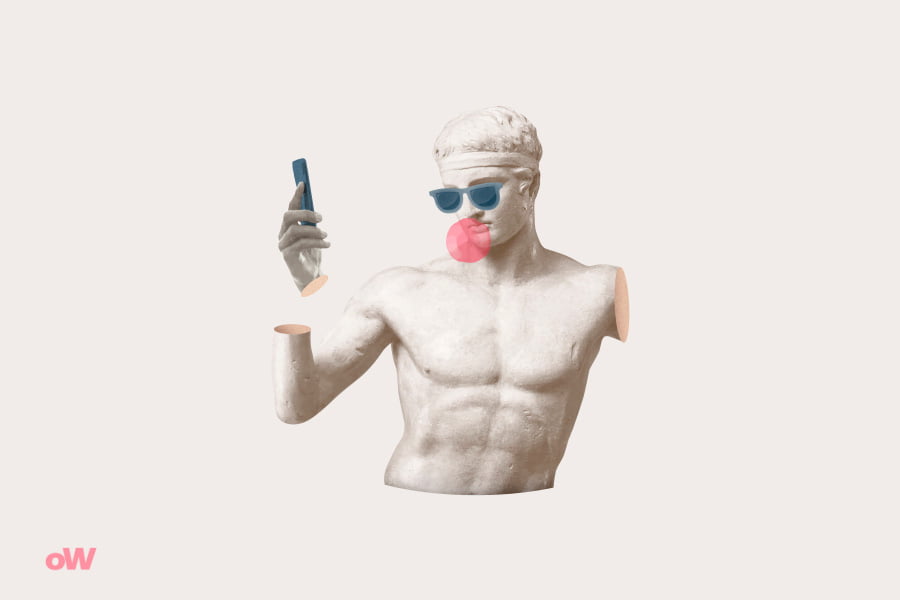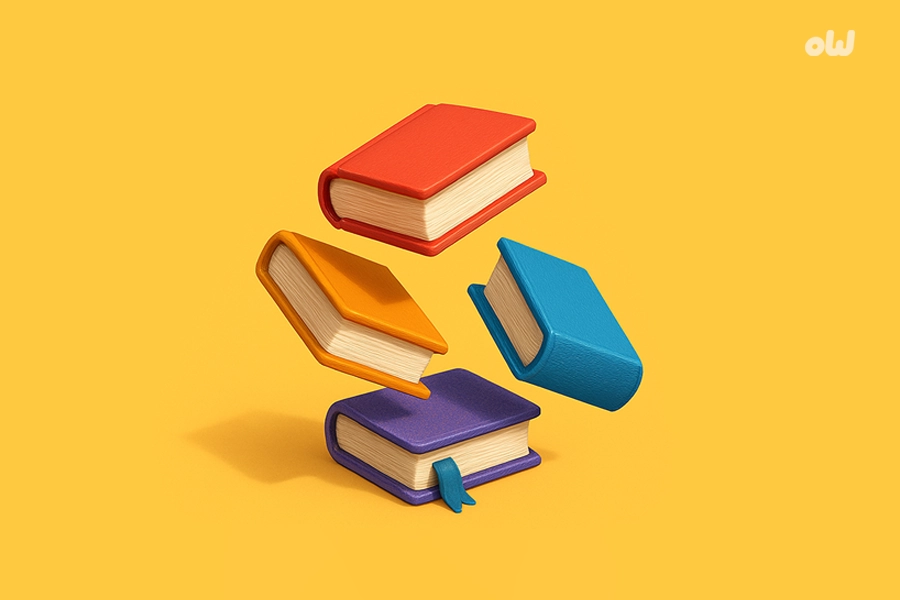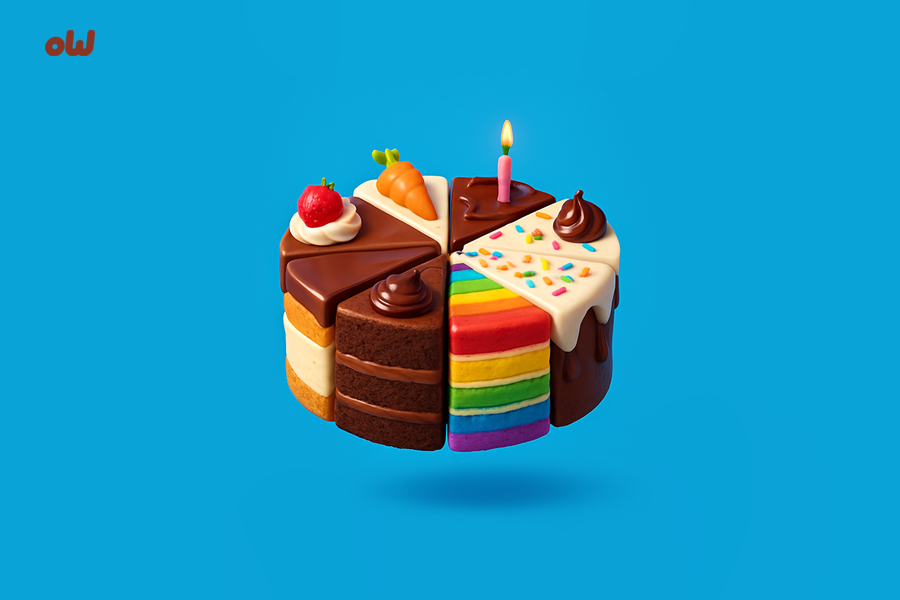Quiz: Which Famous Author Are You?

Imagine this: you wake up one morning and discover that you can write like one of the greatest authors in literary history. Whose pen would you wield? Whose inner voice would resonate in your lines? Our quiz will help reveal your literary doppelganger – that genius of the written word with whom you share not only worldviews but the very essence of creative nature.
What Makes a Writer Truly Great?
A great writer is not merely a master of words. They are an alchemist of human souls, capable of transforming mundane observations into eternal truths. But what distinguishes genius from craftsmanship?
First and foremost, it’s a unique vision of the world. Dostoevsky saw an abyss of contradictions in every person, Hemingway – an iceberg of unspoken emotions, and Virginia Woolf – a stream of consciousness flowing through life’s moments. Great writers possess a special perceptual lens that allows them to notice what others pass by.
The second component of greatness is the courage to be vulnerable. A true writer bares their soul, transforming personal pain into universal experience. When Sylvia Plath wrote about depression, she spoke for millions. When Orwell warned of totalitarianism, he voiced the fears of an entire generation.
Finally, a great writer is one who creates a new language for describing reality. Kafka gave us the word “Kafkaesque” to denote the absurdity of bureaucratic machinery. Márquez taught us to see magic in the everyday. Every genius expands the boundaries of the expressible.
The Psychology of Creativity: The Connection Between Character and Writing Style
Modern neuropsychology confirms what literary scholars have suspected for centuries: writing style is directly linked to the author’s personality traits. Research shows that certain thought patterns manifest in sentence structure, choice of metaphors, and even the rhythm of narrative.
Introverts, for example, tend toward longer, complex sentences with multiple subordinate clauses – their inner world is so rich that it demands elaborate expression. Extroverts prefer dynamic, short phrases filled with action.
People with high levels of neuroticism often use more negative emotional words and tend toward detailed descriptions of inner experiences. Those open to new experiences experiment with form and content, creating unexpected metaphors and breaking literary conventions.
Psycholinguists also identify connections between cognitive style and genre preferences. An analytical mindset gravitates toward detective stories and science fiction, where logical structure is important. Holistic thinking more often manifests in psychological prose and poetry, where meaning emerges from the overall impression.
What Is This Quiz About?
Our quiz is a tool for literary self-discovery. It’s based on analyzing key psychological characteristics that determine a person’s creative signature.
We ask questions about your perception of the world, emotional reactions, problem-solving methods, and life values. Each answer brings you closer to one of the literary archetypes. The algorithm considers not only direct matches but also deep patterns of thinking.
It’s important to understand: the quiz result is not a verdict, but an invitation to dialogue. By discovering your literary double, you’ll be able to better understand your own creative impulses, find new sources of inspiration, and perhaps awaken a dormant writing talent within yourself.
Literary Geniuses You Might Get in the Quiz Results
Each writer in our quiz represents a unique type of creative genius and a special view of the world. From Dostoevsky’s psychological depth to Austen’s sparkling irony – these literary titans embody different facets of human experience and creative self-expression. Discovering which one resonates with your personality will help you better understand not only your literary preferences but also hidden talents waiting to be revealed.
Fyodor Dostoevsky – Psychologist of the Human Soul
If the quiz identified you as Dostoevsky, it means you possess a rare gift – the ability to see light and darkness in every person simultaneously. You don’t judge, but strive to understand. In your world, there are no absolute villains and flawless heroes, only people struggling with their demons.
Like the great Russian classic author, you probably grapple with eternal questions about the nature of good and evil, free will and predestination. You’re drawn to complex moral dilemmas, and you can spend hours contemplating ethical paradoxes. Your empathy extends even to those whom society rejects.
Ernest Hemingway – Master of Subtext
Hemingway manifests in you through a striving for conciseness and depth. You’re one of those who prefer one precise strike to ten chaotic ones. In your world, what matters is not what is said, but what remains between the lines.
You value courage – not the showy kind, but quiet, everyday bravery. Like Papa Hem, you know that true strength manifests in the ability to accept defeat with dignity. Your communication style is direct, without excessive embellishment, but behind the apparent simplicity hides an ocean of unspoken feelings.
Virginia Woolf – Explorer of Consciousness
If you are Virginia Woolf, then your consciousness is like a prism, decomposing each moment into a spectrum of sensations, thoughts, and associations. You capture the finest nuances of mood, notice how light changes in a room and how this affects the emotional atmosphere.
For you, time is not linear – past, present, and future exist simultaneously in every moment. You can see eternity in a cup of tea and the universe in a stranger’s casual glance. Your sensitivity is both a gift and a curse, making you vulnerable to the beauty and pain of the world.
Gabriel García Márquez – Weaver of Magic
Márquez in you is the ability to see the miraculous in the mundane. Where others see just rain, you see heavenly tears for lost love. Where others see an old woman, you see a keeper of a thousand stories.
Your imagination knows no boundaries between the real and the fantastic. For you, myth is as true as fact, and metaphor often describes reality more accurately than dry statement. You believe in the power of stories to change the world and know that sometimes fiction is truer than truth.
Jane Austen – Ironic Observer
If you are Jane Austen, you possess a rare combination of sharp mind and kind heart. You notice the absurdity of social conventions but treat human weaknesses with understanding and humor.
Your irony never crosses into cynicism. You believe in love, but not in its Hollywood version – rather in the kind built on mutual respect, understanding, and the ability to laugh together. You’re a master of social navigation, capable of revealing a person’s true essence with a single remark.
The Influence of Great Writers on Reader Personality Formation
Literature is not just entertainment, but a powerful tool for personality transformation. Neurobiologists have discovered that during reading, the same brain areas are activated as when actually experiencing the described events. Reading Dostoevsky, we literally train our capacity for empathy. Immersing ourselves in Woolf’s stream of consciousness, we develop attentiveness to the nuances of inner life.
Bibliotherapists use works by great writers to help people overcome life crises. Hemingway teaches resilience in the face of loss. Márquez helps restore a sense of wonder to gray everyday life. Austen reminds us of humor’s healing power.
By discovering your literary double through our quiz, you receive not just an amusing result, but a key to understanding your own strengths. Perhaps you should develop Dostoevskian depth of psychological analysis or Hemingwayesque precision of expression. Or maybe it’s time to unleash Márquez-like fantasy or Austen-esque observational skills.
Great writers left us not only books but ways of being in the world. Through their lens, we learn to see ourselves and others anew. And who knows – perhaps by taking this quiz and discovering your literary alter ego, you’ll uncover a dormant writing talent within yourself. After all, a storyteller lives in each of us, waiting for their moment.
Questions Overview
- A stream of consciousness that captures the protagonist's inner turmoil
- Short, declarative, and punchy - no unnecessary words
- An intriguing setup that hints at a mystery to be solved
- A vivid, almost fantastical description that blurs reality
- A room of your own with natural light and complete privacy
- A bustling café in a foreign city
- A quiet study with organized notes and reference materials
- A hammock under tropical trees with birdsong
- Interior monologue revealing psychological depths
- Iceberg theory - showing only the surface
- Red herrings and misdirection
- Weaving folklore into everyday events
- Contemplate what the door represents metaphorically
- Kick it down without hesitation
- Look for clues about who has the key
- Find the door has transformed into a butterfly
- Stream of consciousness and time shifts
- Understated dialogue with subtext
- Dramatic irony where readers know more than characters
- Magical elements treated as ordinary
- The nature of consciousness and feminist theory
- War stories and adventures in exotic locations
- Puzzles, logic problems, and human psychology
- Family sagas spanning generations and local myths
- Their internal contradictions and psychological complexity
- Their actions and what they don't say
- Their secrets and potential motives
- Their connection to ancestral stories and fate
- Leave readers pondering life's ambiguities
- End with stark finality, no sentimentality
- Reveal a surprising solution that makes perfect sense
- Circle back to the beginning in an unexpected way
- Capturing the flow of human consciousness on paper
- Saying the most with the fewest words
- Planting clues fairly without revealing the solution
- Making the impossible seem believable
- Character versus their own mind
- Character versus nature or circumstance
- Character versus hidden antagonist
- Character versus destiny or supernatural forces
- Focus on how it makes the observer feel internally
- State simply: 'The sun set.'
- Note suspicious details others might miss
- Describe how it melted into golden honey flooding the village
- Deep psychological and philosophical reading
- First-hand experience whenever possible
- Studying real crimes and investigative techniques
- Collecting oral histories and cultural traditions
- A meditation on mortality and meaning
- A stark reality faced without flinching
- A puzzle to be solved
- A continuation of life in another form
- Experimental prose that challenges conventions
- Clean prose that trusts their intelligence
- Fair play and logical deduction
- Suspension of disbelief and cultural richness
- Illuminate the depths of human consciousness
- Strip away illusions and show truth
- Entertain while revealing human nature
- Transform reality into myth and back again






